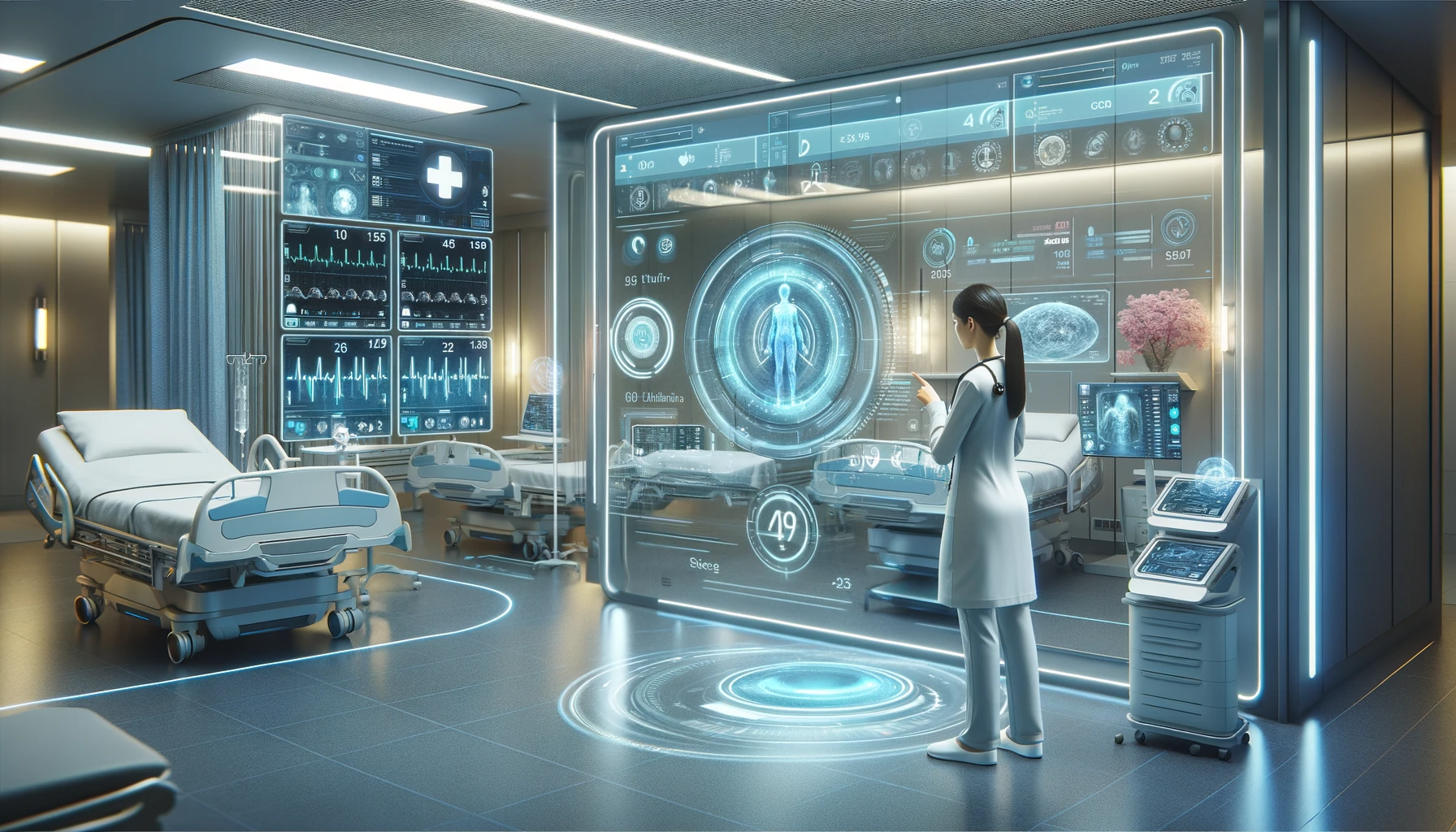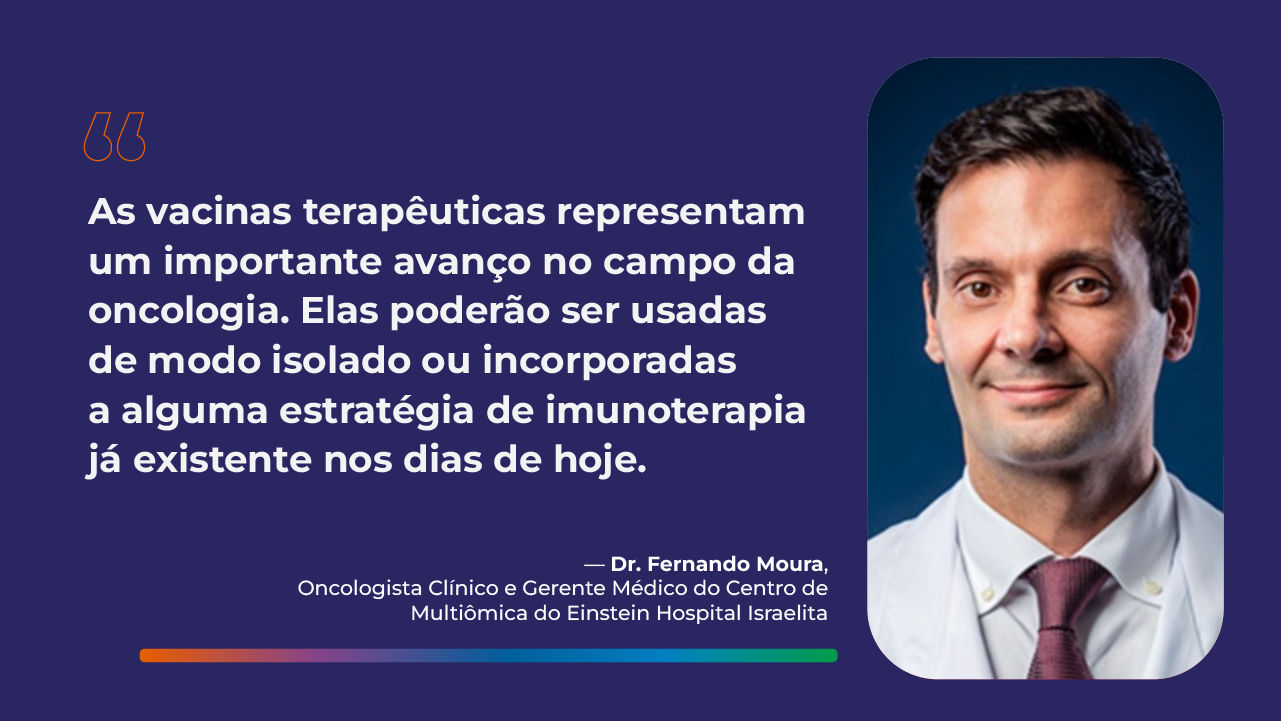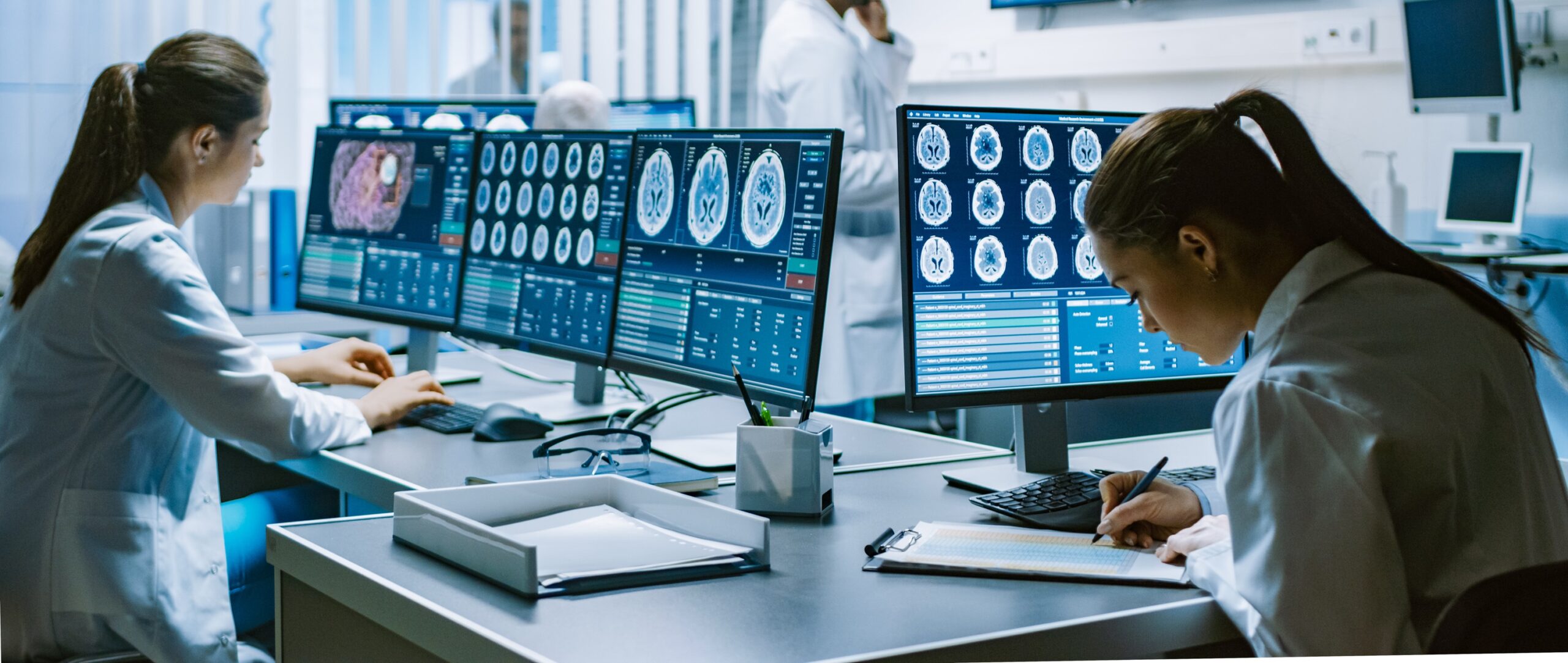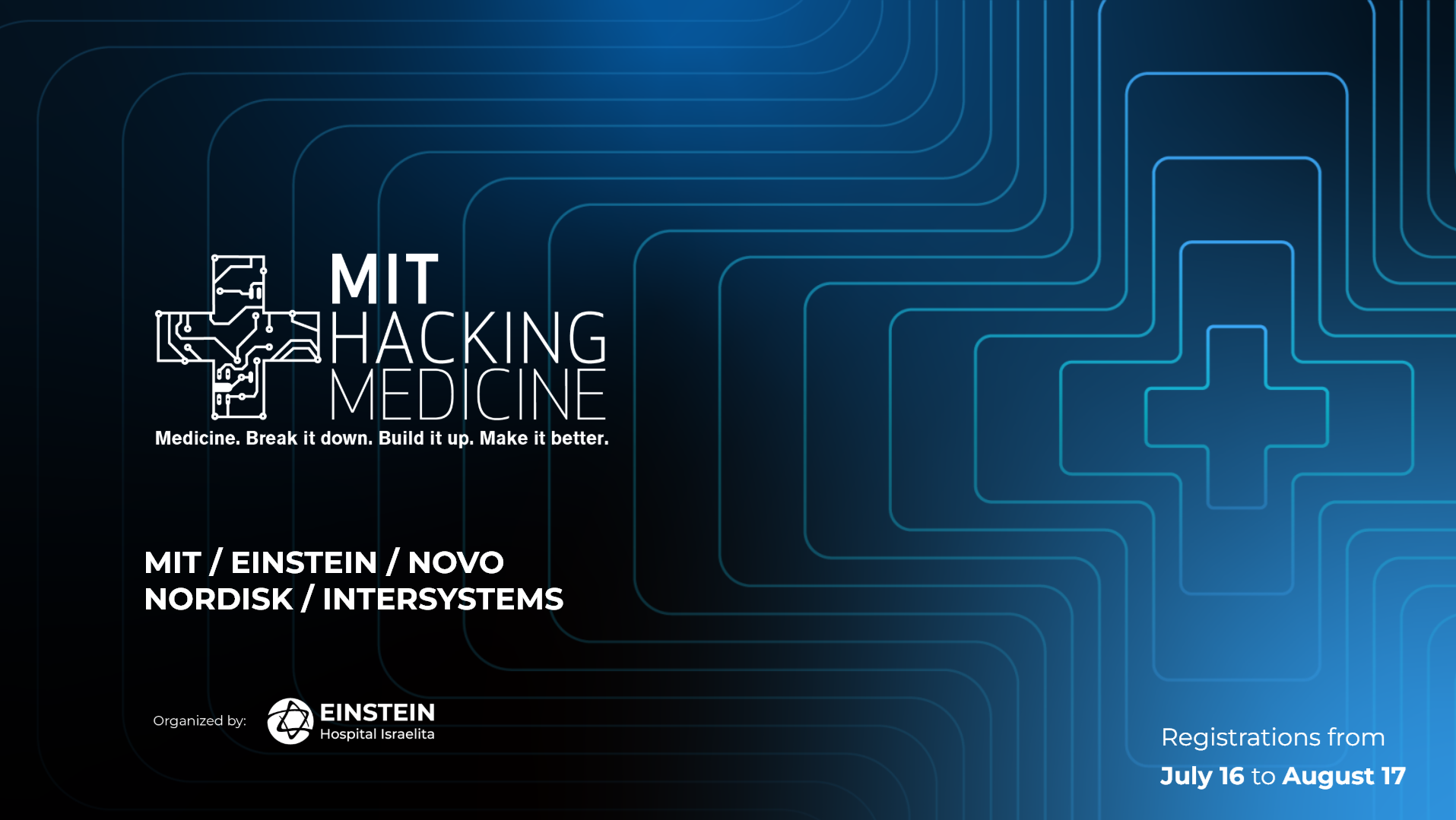How Artificial Intelligence Is Redesigning Nursing Workflows and Giving Time Back to Patient Care
05/06/2025
Nurse overload is a global challenge, widely documented by international institutions. According to the report The Future of Nursing 2020 – 2030, published by the U.S. National Academy of Medicine, nurses dedicate between 15% and 50% of their time to activities unrelated to direct clinical care – such as administrative or operational tasks.
This overlap of functions leads to professional burnout, reduces the efficiency of healthcare services, and increases the risk of preventable adverse events. Moreover, it reduces the time available for what truly matters: safe and humanized patient care.
Technology – especially artificial intelligence – has proven to be a strategic ally in changing this reality. A concrete example was recently published in the American Journal of Nursing (AJN), highlighting the implementation of an AI platform developed by HOOBOX Robotics in partnership with the Hospital Israelita Albert Einstein through Eretz.bio.
The challenge: Nursing overwhelmed by avoidable demands
The study showed that before implementing the AI platform, the hospital recorded an average of 2,680 monthly calls via the traditional bedside call button. Most of these requests were not clinical in nature, yet they were automatically routed to the nursing team.
Each call generated an average of 3.4 bedside visits, consuming valuable nursing time – even when the request was simply for water or room temperature control.
The consequence was predictable: less time for qualified care, and skilled professionals diverted from patient care to operational tasks.
The solution: Neonpass Room – AI-powered automated triage in hospital settings
Faced with this scenario, the Neonpass Room platform was developed and implemented. The solution automatically routes patient requests to the appropriate departments, so only health-related calls reach the nursing staff – optimizing workflows and avoiding unnecessary demands.
During a 30-day pilot in 16 hospital beds, the new technology registered 2,113 requests, with striking results: only 35.4% of the calls were actually related to nursing activities. The rest were automatically routed to departments such as nutrition, laundry, and cleaning – without creating extra workload for the nursing team.
Direct impact: less overload, faster responses, and actionable data
The adoption of Neonpass Room led to multiple benefits, including:
-
Immediate reduction in nursing overload: approximately 3 out of 5 requests were no longer handled by the nursing staff;
-
Faster, more targeted responses: requests were fulfilled directly by the responsible departments, reducing response time since they did not require mediation by another team;
-
Increased patient satisfaction: with greater autonomy and faster responses, patient satisfaction tended to improve;
-
Data generation for management: with Neonpass Room, real-time dashboards were generated, allowing monitoring of metrics like average response time, request types, demand peaks, and patterns by shift. These analyses provided concrete, real-world data to support strategic decisions, such as team restructuring and workflow optimization.
More than automation: a new care model
It’s important to note that artificial intelligence in this context does not replace the nursing team. Rather, it acts as a layer of intelligence that filters and organizes demand, protecting nurses’ time and enhancing care quality – potentially relieving them of tasks outside their scope. In Brazil, where the nursing workforce deficit is estimated at 407,000 professionals (according to the Nursing Workforce Report in Brazil, PAHO/WHO, 2020), solutions like this are not just desirable – they’re necessary.
Conclusion: AI that frees up time for care
The case documented by the American Journal of Nursing shows that digital transformation in healthcare is not just about new technologies – it requires understanding the true bottlenecks of hospital routines.
By relieving the nursing team from non-clinical operational tasks and allowing patient care to take center stage, Neonpass Room represents more than just technological innovation: it marks a new model of hospital care built on intelligence, efficiency, and professional empowerment.
Eretz.bio, through its Technology Validation Office, was responsible for validating the solution at Einstein in partnership with Hoobox and the hospital’s clinical team.
Just like this validation – which led to a peer-reviewed scientific article in the American Journal of Nursing – your startup can also have its technology validated. Talk to our innovation experts: https://www.eretz.bio/tvo/




